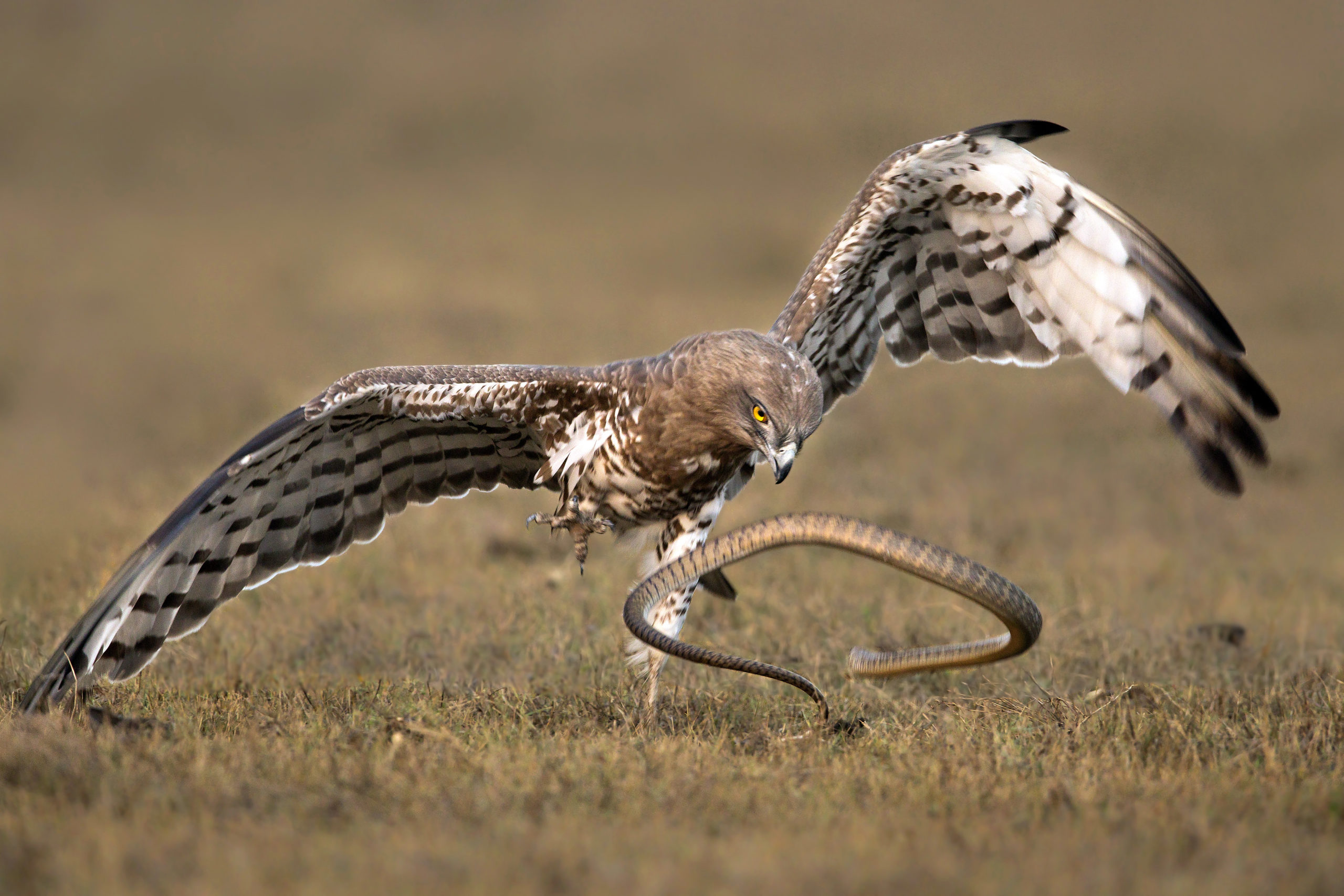Babylonian: Enlil advised the gods to destroy all humans with a flood, but Enki had Atrahasis build an ark and so escape. Also on the boat were cattle, wild animals and birds, and Atrahasis’ family. [Dalley, pp. 23-35]
Assyrian: The gods, led by Enlil, agreed to cleanse the earth of an overpopulated humanity, but Utnapishtim was warned by the god Ea in a dream. He built a large boat and loaded it with his family, the craftsmen, and “the seed of all living creatures.” [Sandars, chpt. 5]
Chaldean: The god Chronos in a vision warned Xisuthrus of a forthcoming and ordered him to build and provision a vessel for himself, his friends and relations, and all kinds of animals. [Frazer, pp. 108-110; G. Smith, pp. 42-43]
Hebrew: God, upset at mankind’s wickedness, resolved to destroy it, but Noah was righteous and found favor with Him. On God’s instruction Noah built an ark and took aboard his family and pairs of all kinds of animals. [Genesis 6-9]
Islamic: Allah was displeased with men of earth and sent Noah to warn people to mend their ways lest they face the wrath of god. The men paid no heed and Noah, under Allah’s inspiration, built a ship. In time, water gushed from underground and fell from the sky. Noah loaded onto his ship pairs of all kinds, his household, and those few who believed. [Koran 11:25-48]
Zoroastrian: Ahura Mazda warned Yima that destruction was coming and instructed Yima to build a vara, a large square enclosure, in which to keep specimens of small and large cattle, human beings, dogs, birds, red flaming fires, plants and foodstuffs, two of every kind. [Frazer, pp. 180-182; Dresden, p. 344]
Masai (East Africa): God commanded Tumbainot to build an ark of wood and enter it with his two wives, six sons and their wives, and some of animals of every sort. When they were all aboard and provisioned, God caused a great long rain which caused a flood, and all other men and beasts drowned. [Frazer, pp. 330-331]
Source:
Flood Stories from Around the World by Mark Isaak.
References:
- Apollodorus. The Library, Sir James G. Frazer (transl.), Harvard University Press, Cambridge, 1921, 1976
- Dalley, Stephanie. Myths From Mesopotamia, Oxford University Press, Oxford, 1989
- Dresden, M. J., 1961. “Mythology of Ancient Iran”, in Kramer
- Faulkner, Raymond (transl.). The Egyptian Book of the Dead, The Book of Going Forth by Day
- Chronicle Books, San Francisco, 1994
- Frazer, Sir James G. Folk-Lore in the Old Testament, vol. 1, Macmillan & Co., London, 1919
- Frazer, Sir James G. The Golden Bough, Wordsworth Editions Ltd., Hertfordshire, 1993
- Gaster, Theodor H. Myth, Legend, and Custom in the Old Testament, Harper & Row, New York, 1969
- Hammerly-Dupuy, Daniel, 1968. “Some Observations on the Assyro-Babylonian and Sumerian Flood Stories”, in Dundes
- Ovid. The Metamorphoses, Horace Gregory (transl.), Viking Press, New York, 1958
- Sandars, N. K. (transl.). The Epic of Gilgamesh, Penguin Books, Ltd., Harmondsworth, England, 1972
- Smith, George, 1873. “The Chaldean Account of the Deluge”, in Dundes
- Sproul, Barbara C. Primal Myths, HarperCollins Publishers, New York, 1979





